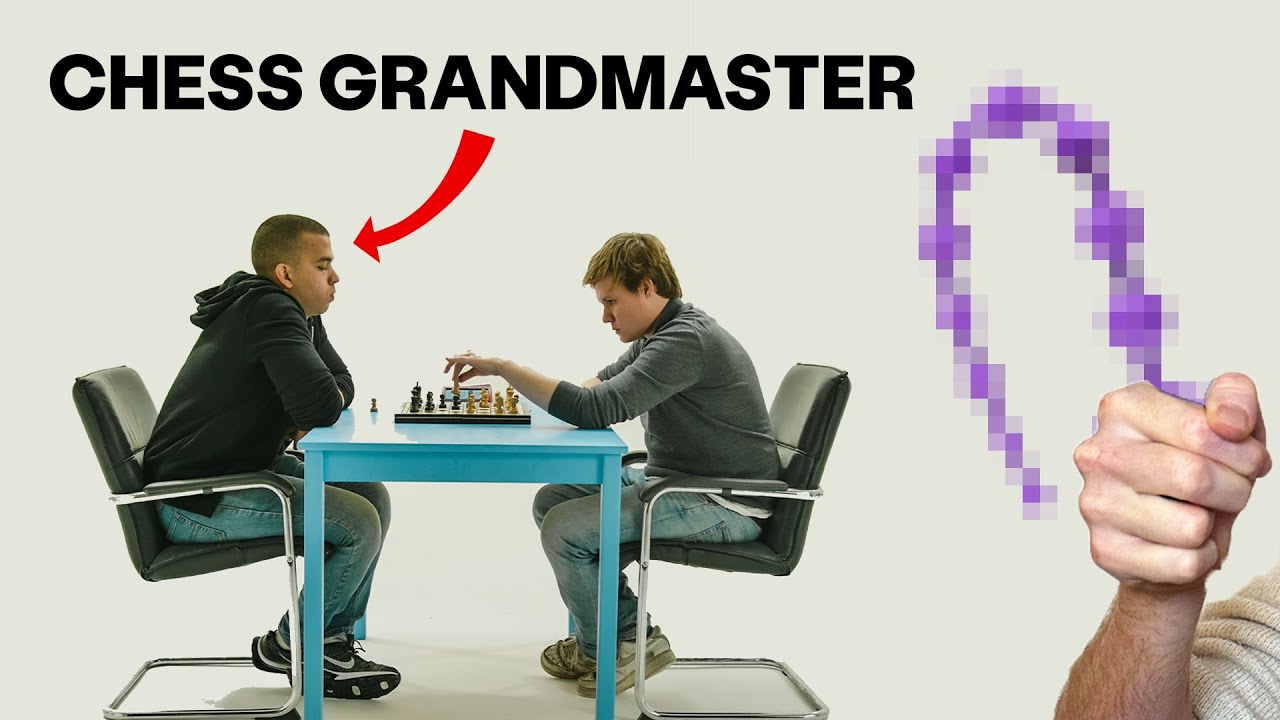In an era where the ancient game of chess grapples with modern temptations, a recent ruling by the FIDE Ethics & Disciplinary Commission sends an unequivocal message: integrity remains paramount. Grandmaster Kirill Shevchenko, once a rising star, has seen his title revoked and his career dealt a severe blow following a definitive cheating verdict.
The Spanish Team Championship: A Game Tainted
The stage was set in October 2024 at the Spanish Team Championship in Melilla. Kirill Shevchenko, representing the Romanian Chess Federation, found himself embroiled in controversy after just two rounds. His opponents, seasoned Grandmasters Amin Bassem and Francisco Vallejo, lodged formal complaints regarding highly suspicious behavior.
The peculiar pattern described by Vallejo was disturbingly specific: Shevchenko would repeatedly leave the board during crucial moments of play, consistently heading to the same toilet cubicle for extended periods. Upon his return, he would execute a series of rapid moves, a stark contrast to the deliberation expected at this elite level. Bassem had reported similar observations from their earlier encounter.
The Evidence: A Digital Smoking Gun
Tournament regulations, clear as a perfectly executed mating net, explicitly demand that all electronic devices, including mobile phones, be surrendered to arbiters before play commences. Yet, an investigation spurred by the complaints swiftly uncovered critical evidence: a smartphone, discovered in the very toilet cubicle Shevchenko frequented. Furthermore, a note found alongside it was identified as being in Shevchenko`s handwriting, serving as a rather crude, analogue accomplice to the digital transgression. A second phone was also located in the same cubicle.
One might ponder the irony: in a game of profound intellectual depth and strategic nuance, a Grandmaster—a title signifying exceptional mastery—allegedly resorted to such a rudimentary, almost unsophisticated method of cheating. The incident quickly transcended mere rule-breaking, becoming a concerning commentary on the human element amidst high stakes.
The Disciplinary Labyrinth: From Disqualification to Revocation
Initially, Shevchenko was disqualified from the tournament, and his results annulled. His team, Silla, attempted an appeal, arguing that definitive proof of phone ownership was lacking, despite acknowledging the gravity of the suspicions. Shevchenko himself denied any wrongdoing, though he subsequently departed from Silla and reimbursed the team for his fee, actions that, while not admissions of guilt, certainly did not dispel the swirling doubts.
The case then navigated through FIDE`s rigorous disciplinary structure, first through the Ethics & Disciplinary Commission`s (EDC) First Instance Chamber, and subsequently to the Appeal Chamber, chaired by Mrs. Yolander Persaud. Both Shevchenko`s direct appeal and a cross-appeal by the FIDE Fair Play Commission (FPL), which sought stronger sanctions, were meticulously reviewed.

The integrity of the chess board remains sacred. (Illustrative image)
The Final Verdict: A Resounding Message
The Appeal Chamber`s decision was unanimous and unequivocal. Shevchenko`s challenge was rejected, firmly confirming his guilt under Article 11.7(e) of the FIDE Disciplinary Code. Moreover, the FPL`s cross-appeal was upheld, leading to significantly strengthened sanctions:
- A three-year worldwide ban from all FIDE-rated events.
- One year of this ban is suspended, contingent upon no further misconduct. The active ban runs from October 19, 2024, until October 18, 2026, with the suspended portion extending until October 18, 2027.
- The prestigious Grandmaster title is revoked, effective immediately from the decision`s publication date.
Dana Reizniece, Deputy Chair of the FIDE Management Board, underscored the federation’s unwavering commitment to chess integrity, stating that this reflects increasing efforts across FIDE divisions—Fair Play, Arbiters, and Ethics—to bolster detection systems, enhance preventive training, and guarantee prompt disciplinary action when necessary.
Upholding the Royal Game`s Honor
The revocation of a Grandmaster title is a rare and profoundly impactful penalty within the chess community. It serves not only as a severe consequence for an individual transgression but also as a powerful deterrent. In an age where digital aids are readily available, the fight for fair play in competitive chess is an ongoing and complex battle.
FIDE`s resolute action in the Shevchenko case highlights a critical juncture for the sport. It reaffirms that despite technological advancements, the spirit of fair competition and intellectual honesty must prevail. For the vast majority of players and fans, the honor and integrity of the “royal game” remain non-negotiable, and FIDE`s commitment to upholding these values is now clearer than ever.

